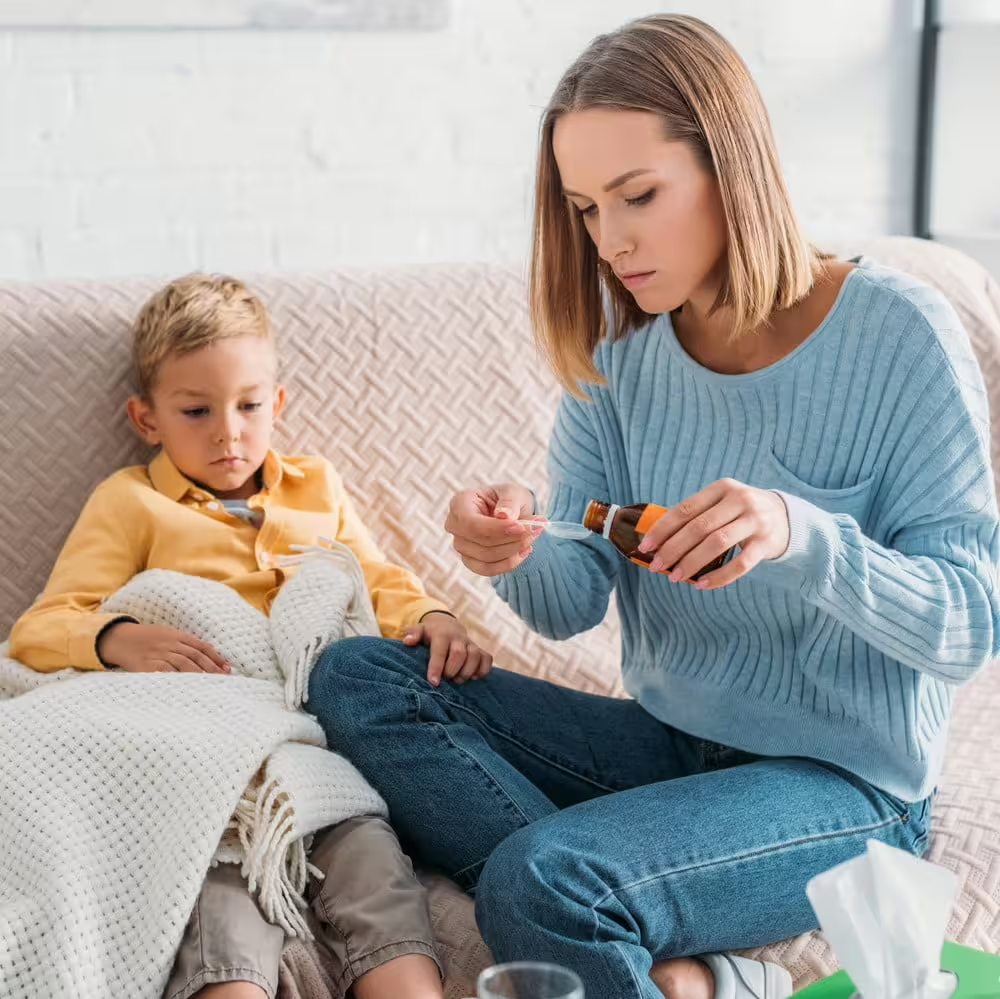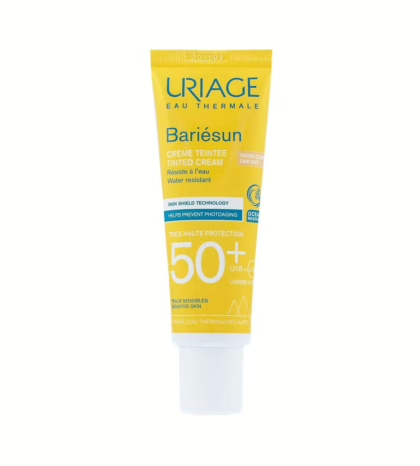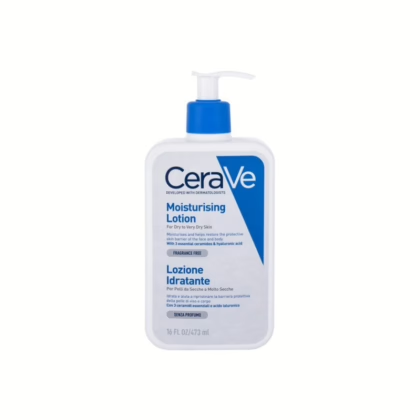
If it comes to your child’s health, you want nothing but the best. However, giving medication to children can be a challenging task. From convincing them to take it to ensure that they are receiving the right dosage, there are many hurdles to overcome. But fear not, because we’ll provide you with tips and tricks to make the process smoother and more manageable. So, if you’re struggling with giving medication to your child, join us as we explore the world of pediatric medication management.
Many parents face challenges when it comes to giving medication to children. It could be the taste, the texture, or just the fear of doing something wrong. Here are some tips on how to safely and effectively give medication to your children:
The dosage of medication can vary depending on the child’s age, weight, and condition. It is critical to carefully read the label and follow the instructions. Do not give your child more medicine than is recommended on the label.
Most medications come with a dosing device, such as a syringe or dropper. Do not use a spoon or cup to measure medicine, as this can lead to inaccurate dosing.
Many children are hesitant to take medicine. Being calm and patient is important. If your child is refusing to take medicine, try to find a way to make it more appealing. For example, give them the medicine in a cup with a straw, or you can let them choose a flavor of medicine that they like.
Explain to your child why they need to take the medicine and what it will do. This can help them to understand why it is important to take the medicine and make them more likely to cooperate.
If your child is lying down, the medicine could go down the wrong way and cause choking. It is important to make sure your child is sitting up when you give them medicine.
Wait a few minutes and then try giving them the medicine again. If your child spits out the medicine several times, talk to your doctor or pharmacist.
Make sure your child is comfortable when you give them medicine. If they are feeling sick or uncomfortable, they may be more likely to resist taking medicine.
Be positive and encouraging when you give your child medicine. This can help them to feel more comfortable and make them more likely to take the medicine.
If your child is old enough, let them help you to measure and give the medicine. This can help them to feel more involved and make them more likely to cooperate.
Keep all medications in their original containers and store them in a locked cabinet or other secure location out of reach of children.
Do not throw leftover medicine in the trash. Take it to a pharmacy or other designated location for proper disposal.
Following these tips can help you to safely and effectively give medication to your child. If you have any questions or concerns, talk to one of our pharmacists or your child’s doctor.











